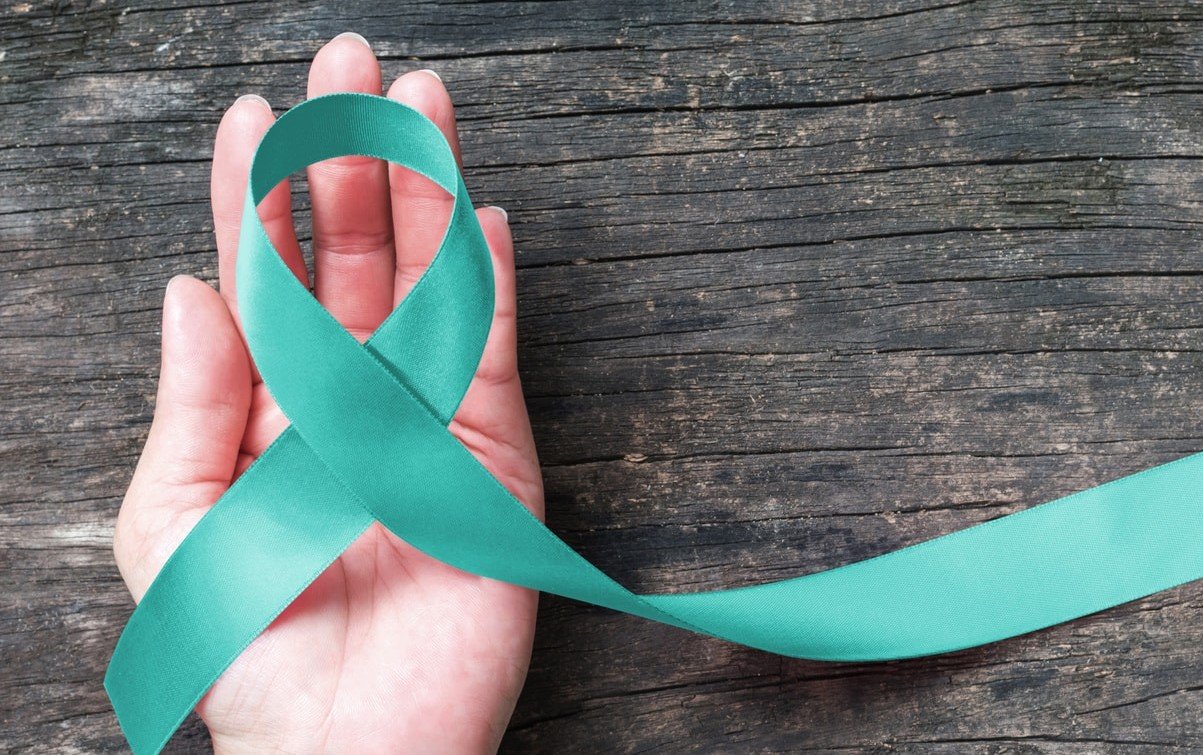WHO seeks accelerated efforts to eliminate cervical cancer
September 09, 2019 | Monday | News
Addressing cancer risk factors and reducing its prevalence has been a regional flagship priority since 2014
Source: AdobeStock
World Health Organization urged countries in its South-East Asia Region to accelerate efforts to eliminate cervical cancer by 2030.
“Countries need to expand vaccination, screening, detection and treatment services for everyone, everywhere to address the growing problem of cervical cancer,” said Dr Poonam Khetrapal Singh, Regional Director WHO South-East Asia, at the Seventy Second Session of WHO Regional Committee here in Delhi.
Cervical cancer is a significant public health problem in the Region. In 2018, an estimated 158 000 new cases and 95 766 deaths were reported due to cervical cancer, which is the third most common type of cancer.
Addressing cancer risk factors and reducing its prevalence has been a regional flagship priority since 2014. All countries in the Region are taking measures for screening and treatment of pre-cancers. Four countries in the Region - Bhutan, Maldives, Sri Lanka and Thailand - have introduced HPV vaccine nationally.
“We need to scale up both our capacities and quality for screening, treatment services and palliative care,” the Regional Director said.
Vaccination against human papillomavirus, screening and treatment of pre-cancer, early detection, and prompt treatment of early invasive cancers and palliative care are proven effective strategies to address cervical cancer.
Member countries are working towards interim global targets - of achieving 90% girls fully vaccinated with the human papilloma virus (HPV) vaccine by 15 years of age; 70% women screened with a high-precision test at 35 and 45 years of age, and 90% women identified with the cervical disease receive treatment and care by 2030.
The Regional Director said there is need to strengthen national cervical cancer control plans, including appropriate strategies and guidelines for immunization, screening, treatment and care, including palliative care.
“It is necessary to include these services in the essential services packages towards universal health coverage to meet the targets,” Dr Khetrapal Singh said.
WHO is prioritizing cervical cancer elimination as worldwide cervical cancer remains one of the gravest threats to women’s lives.









